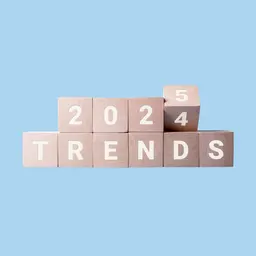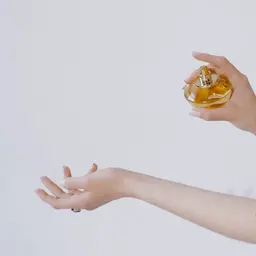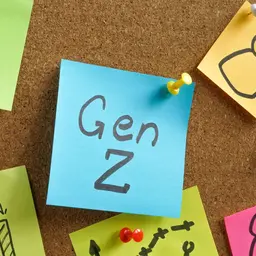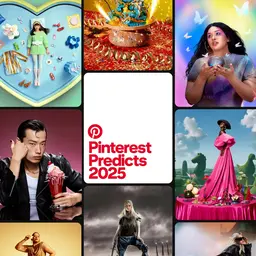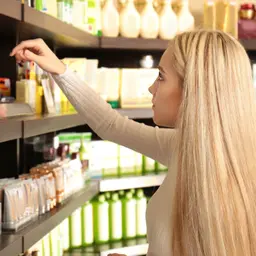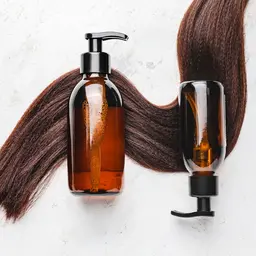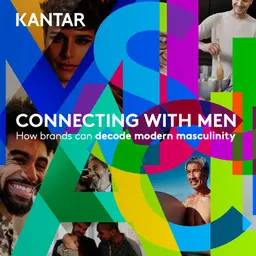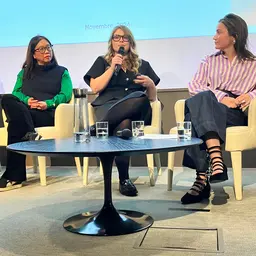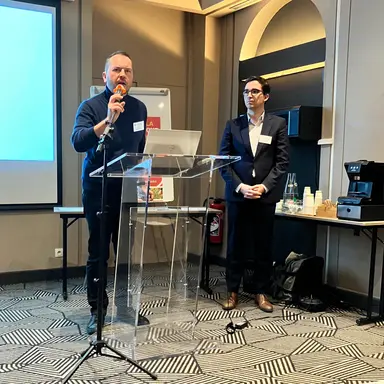
Beauty professionals know how to make consumers dream. But does brand communication generate trust or mistrust among the general public? This is the question that the Slow Cosmétique association and the Xerfi polling institute answered at a one-day conference (held in Paris on March 28, 2024).
This study was carried out among a sample of 500 women aged 18 to 50 over the period February 19 to February 28, 2024.
An ambivalent relationship with cosmetics marketing
To the question: How do you judge cosmetics marketing (advertising, promises, labels, packaging, etc.) today? Respondents are ambivalent.
23.4% say it helps them feel beautiful, and 16.4% say it reinforces their attachment to brands.
However, they often consider it exaggerated and misleading (30%). They also explain that it encourages over-consumption (28.2%) and is sometimes anxiety-provoking. “The same woman can find both positive and negative aspects in cosmetics marketing. The judgment of French women is somewhat contradictory,” analyzes Julien Kaibeck, Director of Slow Cosmétique.
According to the study, at least one French woman in three takes a dim view of beauty industry communications. “We need more honesty and benevolence in this practice. It’s unacceptable that a sector supposed to bring comfort and pleasure to the senses should generate mistrust or anxiety,” he continues.
Differences of opinion according to age
French women aged 18 to 24 are more likely than those aged 45 to 50 to think that cosmetics marketing encourages over-consumption (33% versus 21%).
They are also more inclined to …



